Diabetes Management: Exercise, Medication, and Lifestyle Tips
Sept 10, 2024 | 5 minute read
Exercise and Diabetes Management
Regular physical activity is crucial for managing diabetes. It helps improve insulin sensitivity, control blood sugar levels, and maintain a healthy weight. Here are some exercise tips:
Aerobic Exercise
- Aim for at least 150 minutes of moderate-intensity aerobic exercise per week, such as walking, cycling, or swimming.
- Break it down into 30 minutes a day, five days a week.
Strength Training
- Include strength training exercises at least twice a week.
- Use weights, resistance bands, or bodyweight exercises like squats and push-ups.
Flexibility and Balance
- Incorporate activities like yoga or tai chi to improve flexibility and balance.
- These can help prevent injuries and improve overall well-being.

Consistency
- Find activities you enjoy to help stay consistent.
- Mix different types of exercises to keep your routine interesting and engaging.
Blood Sugar Standards by Gender and Age
| Age Group | Gender | Fasting Blood Sugar (mg/dL) | Postprandial Blood Sugar (mg/dL) |
|---|---|---|---|
| Children | Both | 70-100 | <140 |
| Adolescents | Both | 70-100 | <140 |
| Adults (20-60) | Male | 70-100 | <140 |
| Adults (20-60) | Female | 70-100 | <140 |
| Seniors (60+) | Both | 70-120 | <160 |
Quitting Nicotine and Alcohol: Why It’s Important
Nicotine
- Impact on Blood Sugar: Nicotine can cause blood sugar levels to spike, making diabetes management more challenging.
- Insulin Resistance: Smoking increases insulin resistance, worsening diabetes control.
- Increased Risk of Complications: Smokers with diabetes are at higher risk for heart disease, stroke, and nerve damage.
Alcohol
- Blood Sugar Fluctuations: Alcohol can cause unpredictable blood sugar levels, leading to both hypoglycemia and hyperglycemia.
- Caloric Content: Alcoholic drinks can be high in empty calories, contributing to weight gain.
- Interference with Medications: Alcohol can interact negatively with diabetes medications.
Facts and Recommendations
- Nicotine: Quitting smoking can improve blood sugar control and reduce the risk of complications. Within weeks of quitting, insulin sensitivity can improve.
- Alcohol: If you choose to drink, do so in moderation and with food to help stabilize blood sugar levels. Always check with your doctor about alcohol consumption, especially if you take medications for diabetes.
Managing Your Diabetes with DiRx
If you’ve been prescribed medications to manage your diabetes, consider ordering through DiRx. We offer FDA-approved medications at affordable prices, with no need for insurance. Visit our Diabetes Condition Page to explore our range of medications and start managing your diabetes with confidence.
Conclusion
Living well with diabetes requires a balanced approach to diet, exercise, medication, and lifestyle choices. By following these guidelines and working closely with your healthcare provider, you can effectively manage your blood sugar levels and improve your overall quality of life.
For more information on managing diabetes and to explore our services, visit DiRx today.
Maintaining a balanced diet is crucial for effective diabetes management. By understanding how different foods impact your blood sugar and incorporating healthy eating habits, you can better control your condition and enhance your overall well-being.
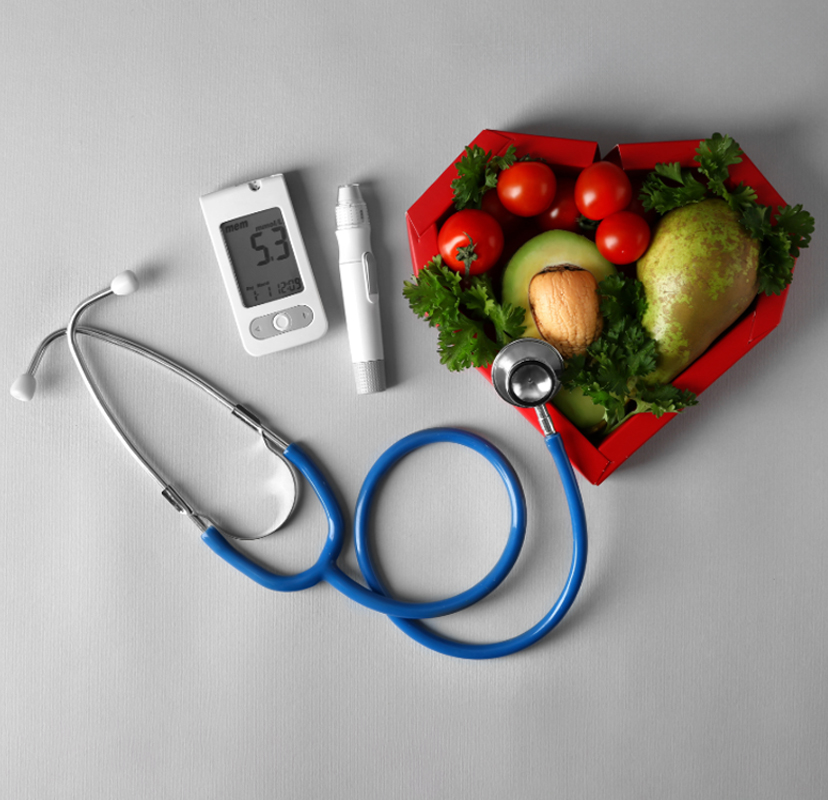
Effective Diet to Manage Your Diabetes
Living with diabetes requires careful management of your diet to control blood sugar levels and maintain overall health.
Sep 05, 2024 | 5 minute read

Alzheimer's Disease Part - 2: Causes, Risk Factors, Diagnosis, and Treatment of Alzheimer's Disease
Aug 20, 2024 | 5 minute read

Alzheimer’s disease Part 1: causes, symptoms, treatment, screening, and stages
Aug 02, 2024 | 5 minute read
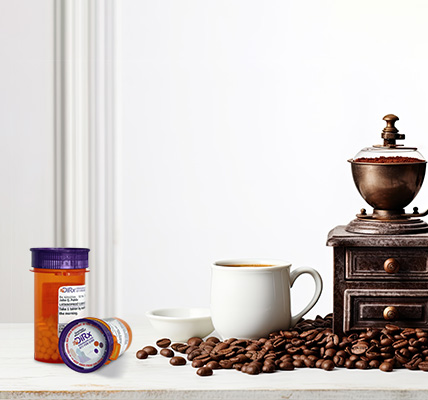
Medications That Don’t Mix with Coffee
In the United States, coffee is more than just a beverage-it’s a beloved daily ritual.
July 2, 2024 | 5 minute read
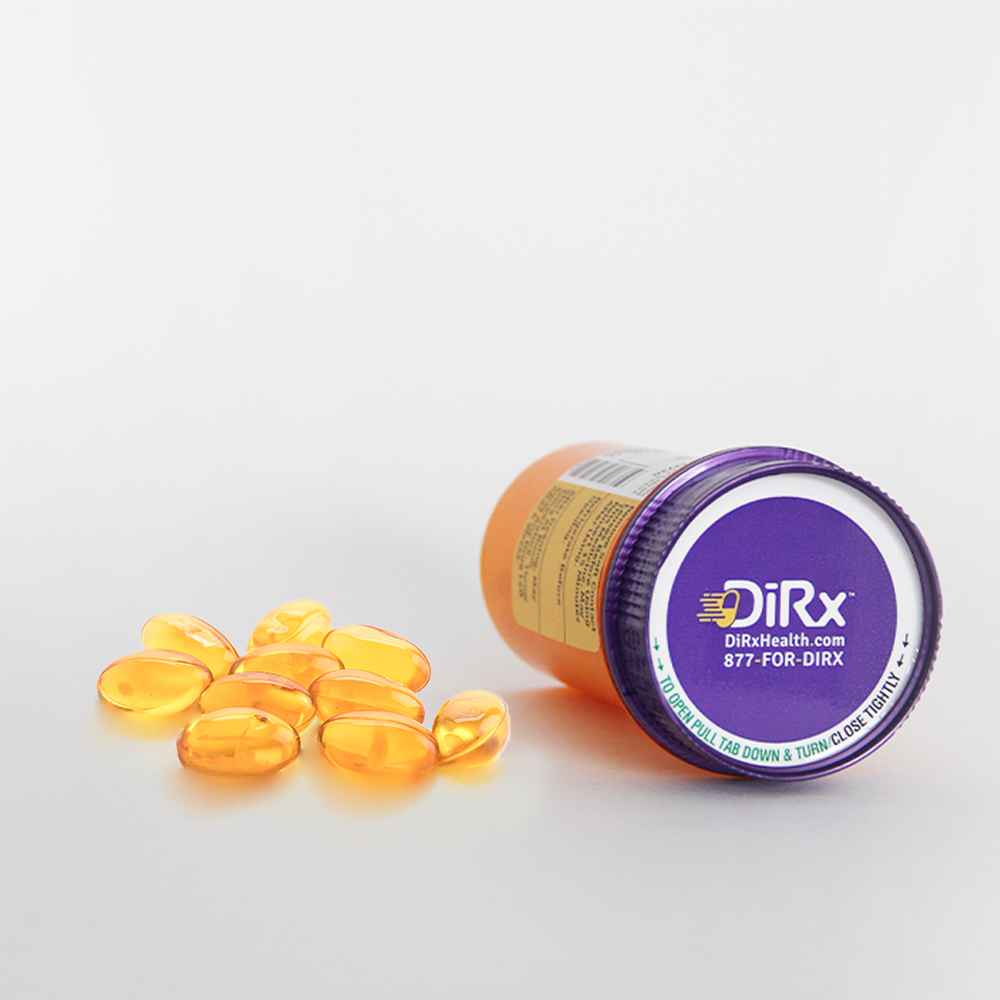
Everything You Need to Know About Benzonatate (Tessalon Perles)
Benzonatate, also known as Tessalon Perles, is a prescription oral medication that helps relieve and suppress cough in patients over the age of ten.
June 25, 2024 | 10 minute read

AI in Healthcare - Part 2: Transforming Healthcare with Artificial Intelligence
The integration of artificial intelligence (AI) in healthcare is revolutionizing the industry.
June 17, 2024 | 5 minute read

Men's Health Matters! Age-Wise Checkups & Screenings You Need
Taking charge of your health is an empowering journey, and preventive care is the cornerstone.
June 10, 2024 | 10 minute read

AI in Healthcare - Part 1: The Future of Medical Diagnosis & Treatment
Imagine a world where robots perform surgery, AI diagnoses diseases with superhuman accuracy, and virtual assistants manage your medications.
June 3, 2024 | 5 minute read

Women’s Health FAQs Answered: A Comprehensive Guide
As a woman, taking care of your health should be a top priority, but it’s common to have questions and concerns. That’s why we’ve compiled this comprehensive blog to address some of the most frequently asked questions around women’s health
May 22, 2024 | 10 minute read

Understanding Euthyrox® (Levothyroxine): Your Comprehensive Guide to Thyroid Health
May 15, 2024 | 5 minute read

Prioritising Heart Health: A Vital Guide for Women in America
In the bustling rhythm of American life, women often prioritize everyone else’s health over their own. Yet, here’s a sobering fact: heart disease is the leading cause of death among American women, surpassing all types of cancer combined.
May 3, 2024 | 5 minute read
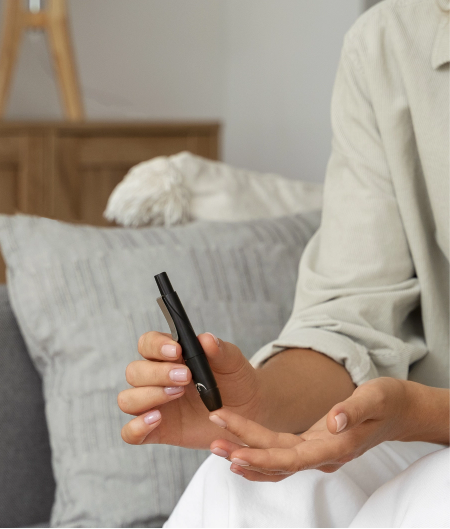
Your guide to Healthy Living:
Managing Diabetes
Whether you’ve recently been diagnosed or have been living with diabetes for years,
Feb 19, 2024 | 5 minute read

Understanding a Drug’s Journey to Generic Production
In today’s healthcare landscape, the rising costs of prescription medications have become a significant
July 18, 2023 | 3 minute read

Revolutionizing Women’s Healthcare: Empowering Women’s Health with DiRx
Here at DiRx Health, we’re on a mission to empower women to take control of their health and well-being.
March 8, 2023 | 5 minute read

Five reasons every woman needs an annual visit with a primary care provider
May 10, 2022 | 3 minute read

Get relief from pollen allergies
Learn ways to help prevent pollen allergies and how to ease the symptoms
July 18, 2023 | 3 minute read
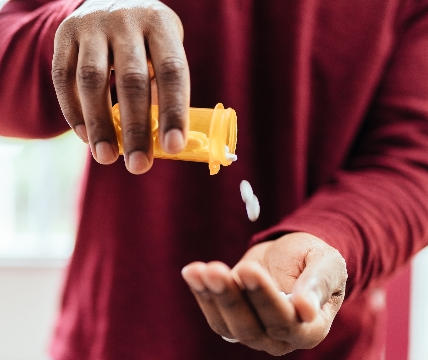
Introducing Kyzatrex: A safe, effective and painless option for Testosterone Replacement Therapy
Aug 14, 2023 | 4 minute read

Counting the Cost
The Financial Burden of Living with Chronic Conditions
May 16, 2023 | 3 minute read
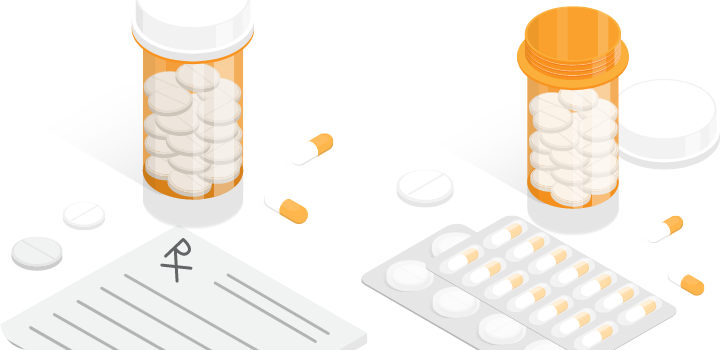
3 ways to make filling a prescription easier
If you wish your pharmacy experience was a smoother and more pleasant one, here are a few ideas that can help
April 11, 2023 | 3 minute read

For the Love of Black History
Striving for a healthier future through accessibility
February 14, 2023 | 4 minute read

Falling out-of-network with your pharmacy
Why this happens and protecting your bottom line
December 13, 2022 | 5 minute read

Take control of your personal healthcare decisions
Options to consider for the new year
November 14, 2022 | 5 minute read
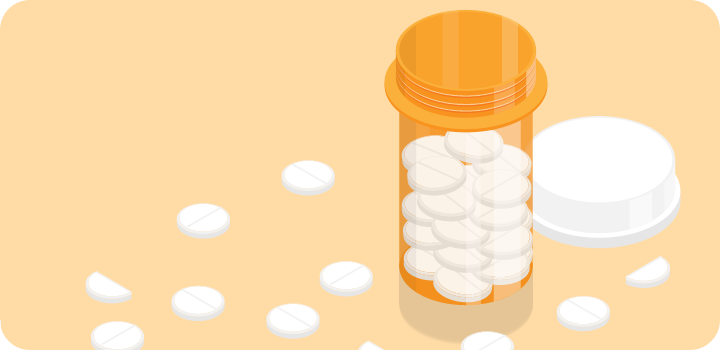
How parents can lighten the impact of the impending Adderall shortage
Tips from our DiRx Pharmacy Team
October 18, 2022 | 2 minute read

The HSA, HRA and FSA – understanding the difference
Are you taking full advantage of your benefit?
October 03, 2022 | 2 minute read

A pharmacist's perspective on the challenges patients are facing today.
An interview with Rima Arora, PharmD, RPh, Director of Pharmacy at DiRx
August 24, 2022 | 4 minute read

What can we do about the soaring cost of prescription medicine?
An interview with Satish Srinivasan, DiRx Founder and Chief Executive Officer
July 22, 2022 | 6 minute read

Is a prostate cancer screening right for you?
Learning more about prostate cancer screening risks and benefits can help you decide if it's right for you
June 8, 2022 | 4 minute read

How Safe is your prescription information online
Your prescriptions are part of your protected health information. Understand how it is used, shared and protected
May 25, 2022 | 3 minute read

Choosing an online pharmacy you can trust
Not all pharmacies are the same. Choosing one that you can depend on with your medicines and your health are important
April 13, 2022 | 3 minute read

5 reasons that choosing an online pharmacy may be right for you
Lots of people are discovering the benefits of choosing an online pharmacy for their prescription drug needs
March 30, 2022 | 3 minute read

Should you consider switching from brand-name to generics?
Being an informed healthcare consumer includes doing your homework when it comes to making decisions
March 16, 2022 | 3 minute read

EUTHYROX®, a branded
Levothyroxine is also available.
Tap here to know more
Buying Kyzatrex for the first time?
Use code FREETRIAL to get a 1 month supply of Kyzatrex for FREE






